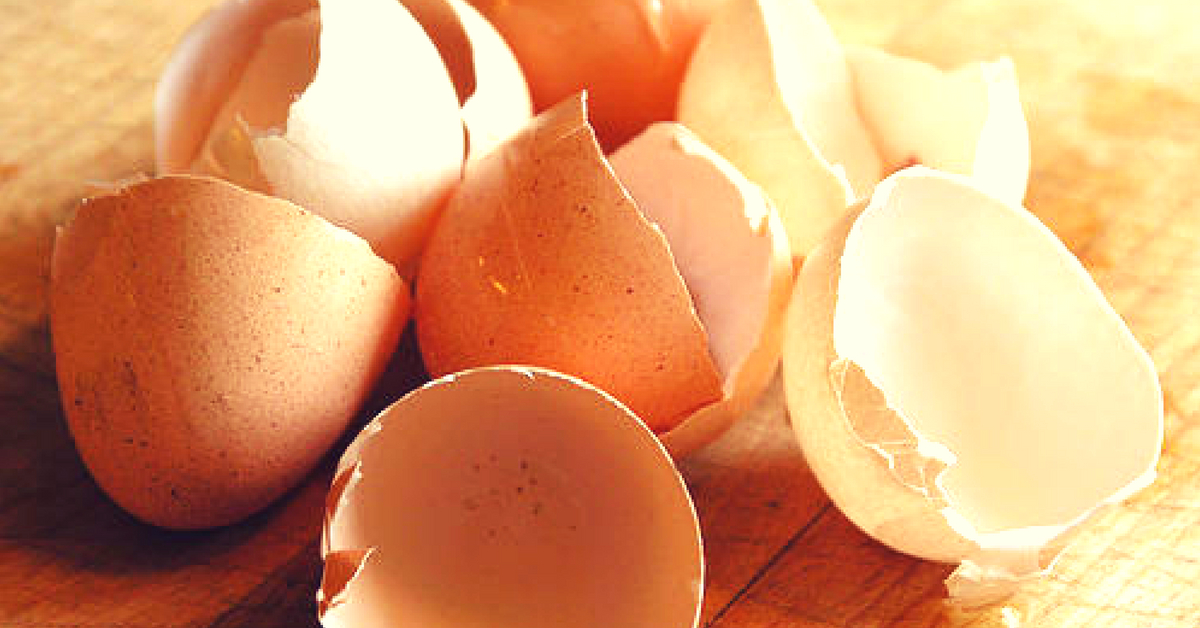Are the Thinner Egg Shells Today Indicative of Reasons Not to Eat Them?
There is still a lot of controversy within the medical field as to whether or not eggs are good or bad for our health. The main argument against eating eggs is centered around the fact that they contain cholesterol and the sulfur found in the yolk. Arguments for eating eggs are based upon the protein and calcium found in eggs.
A number of diets, especially for people with diabetes and/or high blood pressure, recommend eating no more than 3 eggs a week. I’ve seen some diets that allow up to 6 eggs a week, but they also warn about watching one’s cholesterol level.
I still believe that high cholesterol levels are largely due to one’s genetic makeup more than their diet. Allow me to explain. When my dad was in his 60s, his doctor was concerned when he learned that dad ate 2 fried eggs and 2 strips of bacon every morning for breakfast and had for years. The doctor ran blood tests and found my dad’s total cholesterol to be less than 30 (this is not a typo – >30 is right). The doctor thought the lab made a mistake so he drew blood a second time and sent it to a different lab and it too came back with a total cholesterol of less than 30. It didn’t seem to matter what dad ate, he had low cholesterol due to his genetics. I take after my dad in many ways and can eat numerous eggs and I’ve never had high cholesterol levels.
On the flip side, a good friend who attended the same church is used to attend, had managed to survive several heart attacks. When doctors checked his cholesterol levels, it was over 300. He was placed a very strict cholesterol free diet, but months later, his cholesterol was still over 300. He was placed on anti-cholesterol drugs and yet his cholesterol still remained high. Again, it was determined it was his genetics.
Anyway, back to eggs. I’ve enjoyed eggs my whole life and have noticed that most of the eggs I buy these days seem to have much thinner shells than they used to. Years ago, you really had to hit an egg to crack it open, but these days, many of the eggs easily crack and the shell crushes with the slightest pressure. It used to be easy to peel hardboiled eggs, but these days, it doesn’t matter how you boil or bake eggs, many of them are difficult to peel the shell.
So, I decided to find out what causes thinner egg shells since it seem to be more common today than years ago and here is what I found from a variety of sources:
- Age of the chickens. As chickens get older, they tend to lay eggs with thinner shells, as they have depleted a lot of the calcium from their bones.
- Calcium deficiency. It takes about 2 grams of calcium carbonate for a hen to produce the shell of a single egg. If the diet does not provide enough calcium, the hen’s body draws it from her bones. Many poultry farms provide calcium in the feed, but it depends on the type of calcium compound used in the feed as to whether or not the hens can absorb enough calcium from the feed.
- Stress. Chickens can experience stress from the environment, from heat and even from roosters. Many poultry farms that produce eggs commercially have the chickens confined to tiny areas or are so overcrowded that it causes the chickens to suffer from stress. The more stress, the thinner the shells tend to be.
- Illness. Chickens can suffer from bacterial infections or other types of illness, which can spread through a commercial egg farm. Chickens, like many animals, will naturally try to treat their illness by what they eat, which in turn can impact how much calcium they consume. This is why so many egg farms include antibiotics in their chicken feed.
Since most chicken feeds intentionally contain enough calcium and some antibiotics, chances are the overall thinning of egg shells due to disease or calcium deficiency is unlikely. It’s also doubtful that so many egg farms have older chickens, so that it also probably not the cause.
However, many commercial egg farms seem to pack in as many chickens into a given space as possible. Overcrowding can not only cause the chickens to be stressed, but it also produces a lot of body heat which can cause heat stress, if not properly ventilated and cooled.
I’m going out on a limb to say that I believe the reason so many eggs these days have thinner shells is due to stress. If so, that means that the eggs are still safe to eat and will provide the nutrition you expect from them.
How many you can eat a week is up to you. Some people can eat lots of eggs and have no problem and others can greatly limit the number of eggs they eat or not eat any and still have cholesterol issues. Everyone is different.









Recent Comments